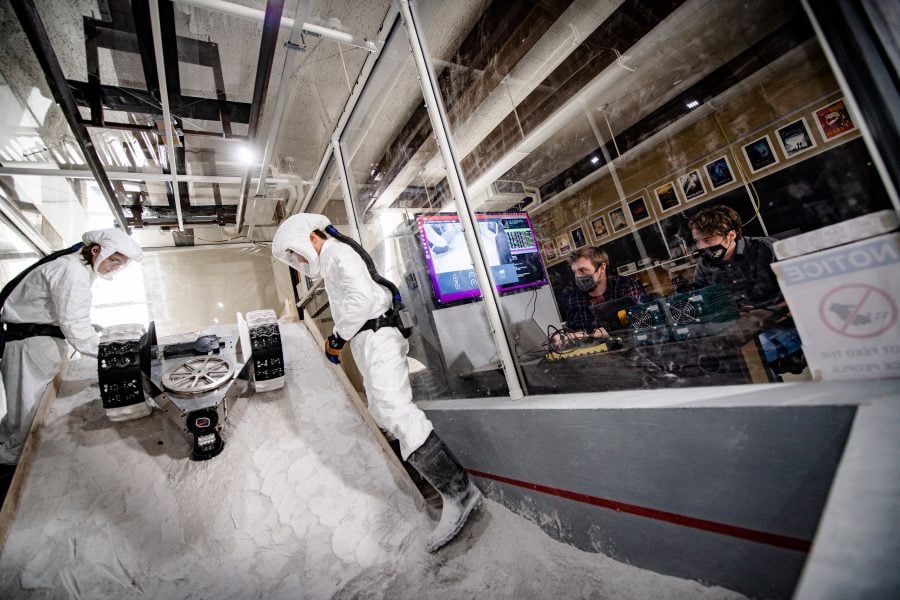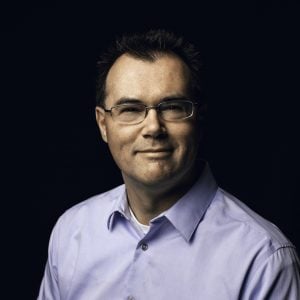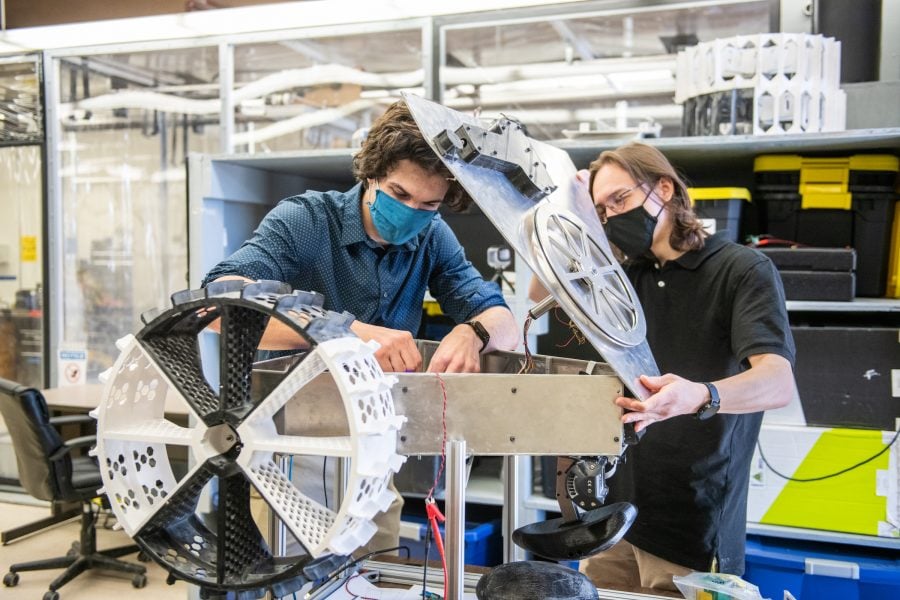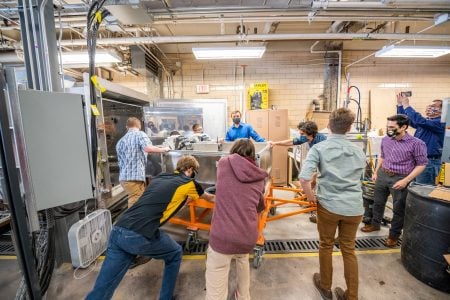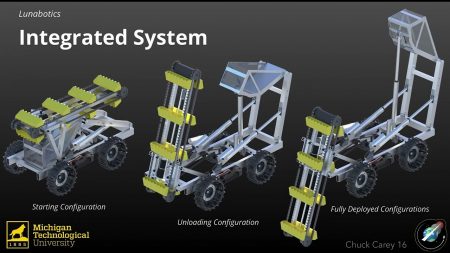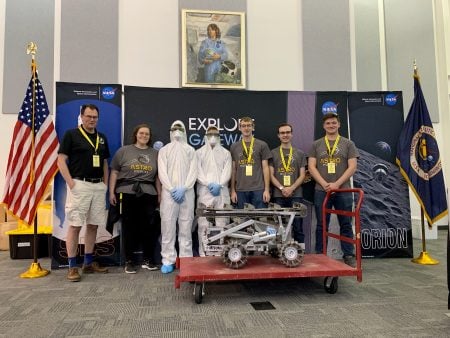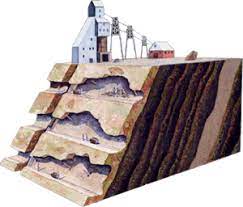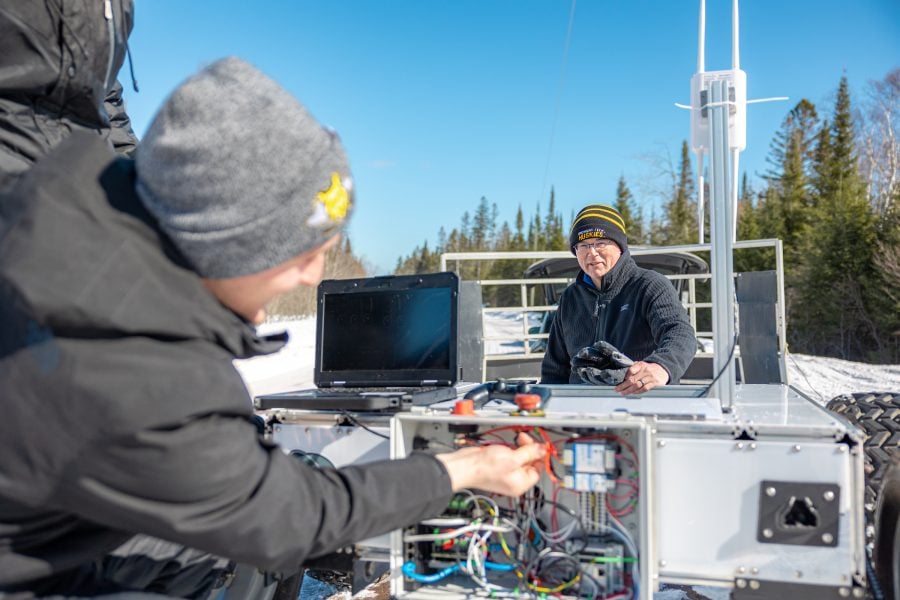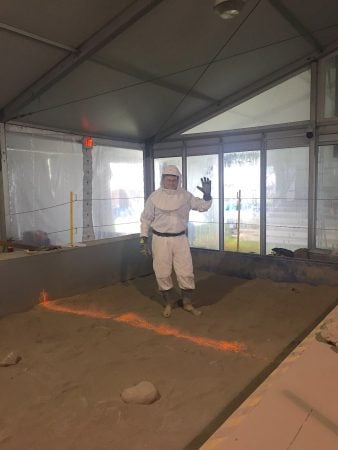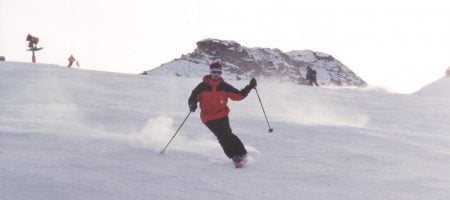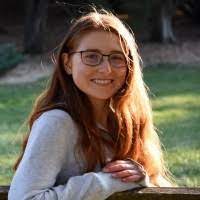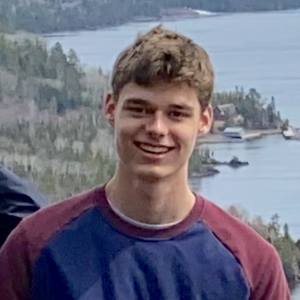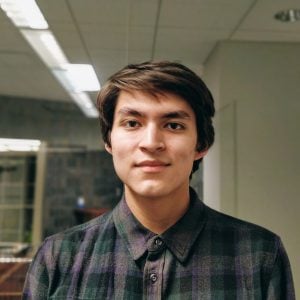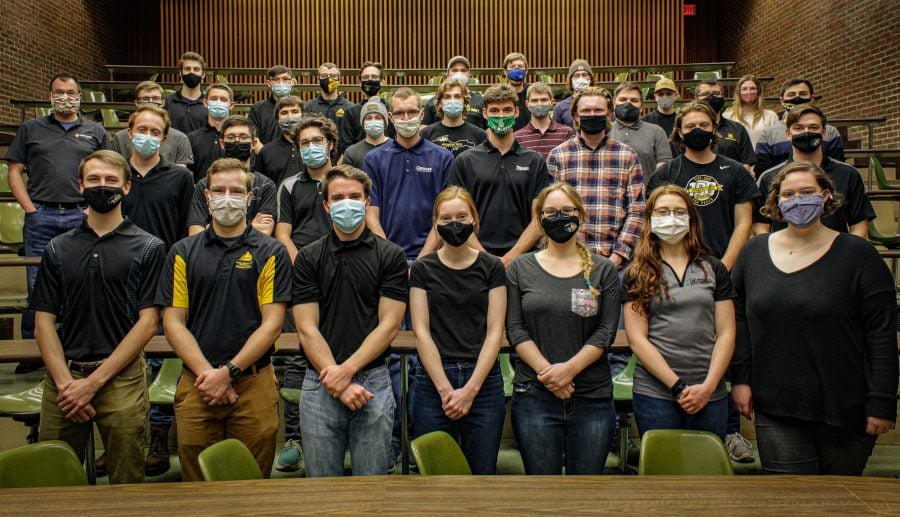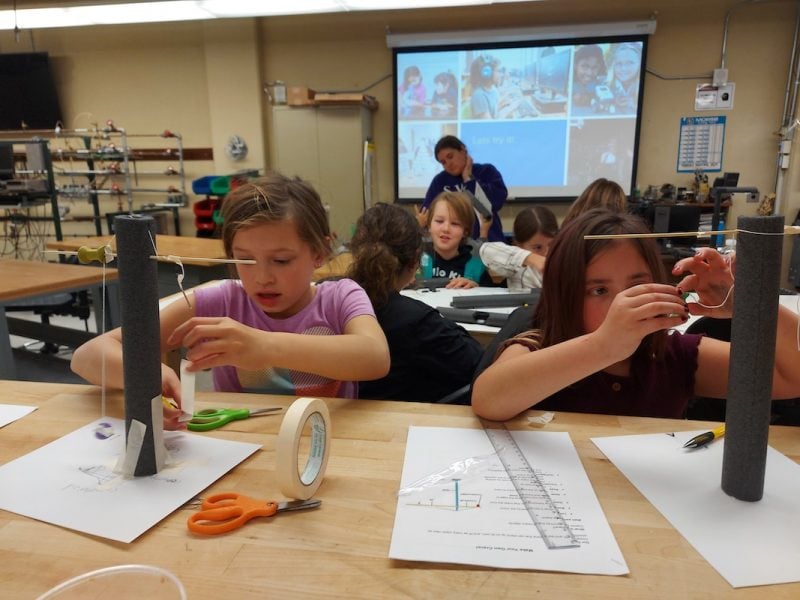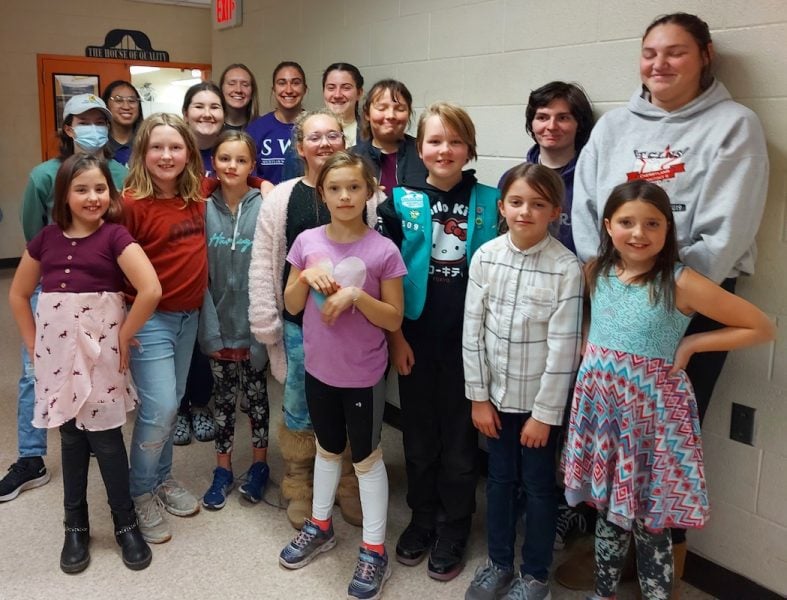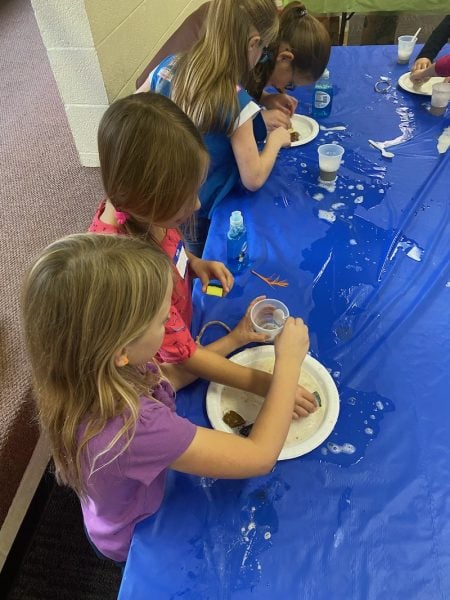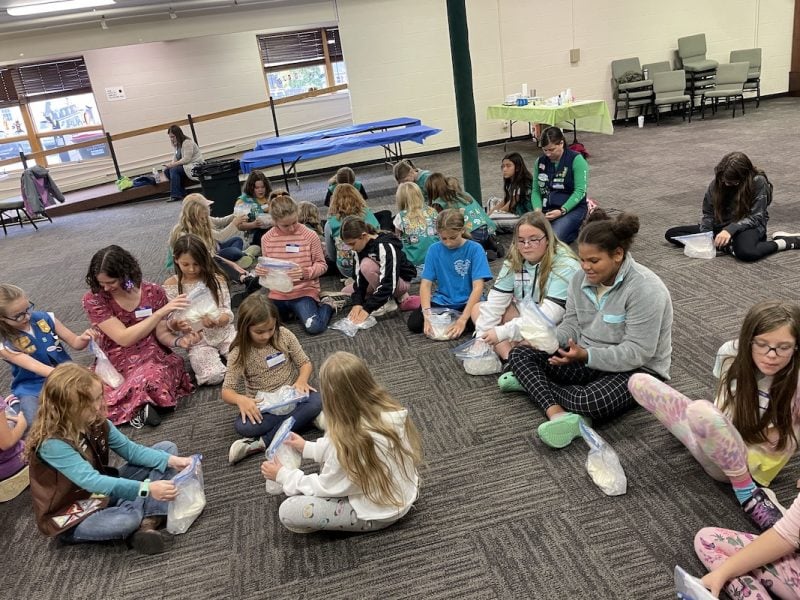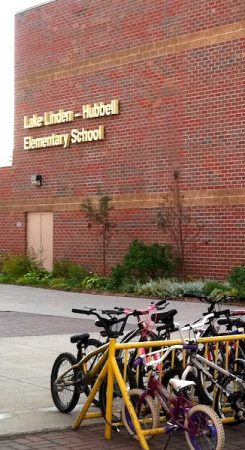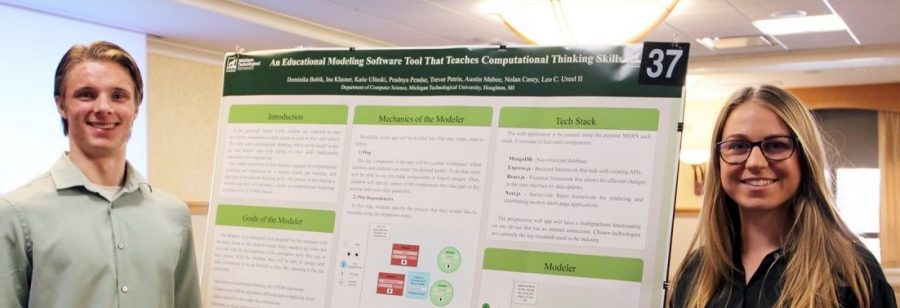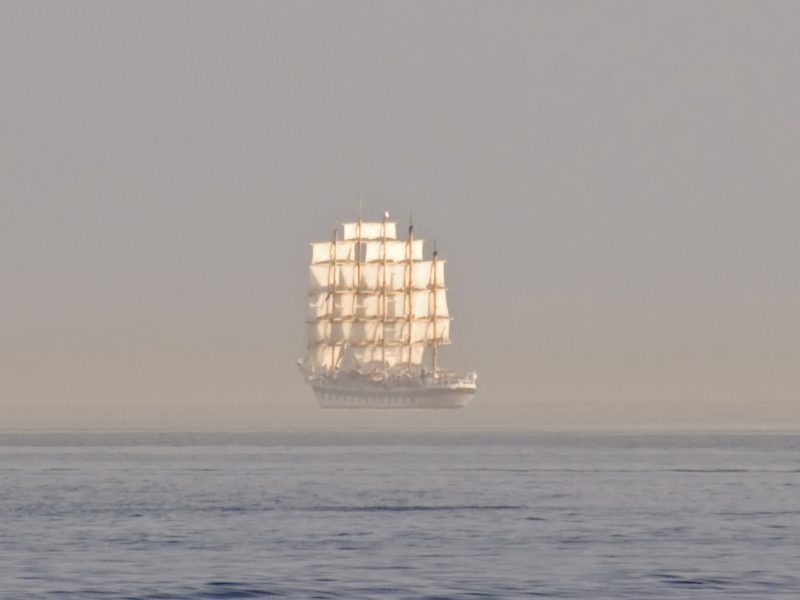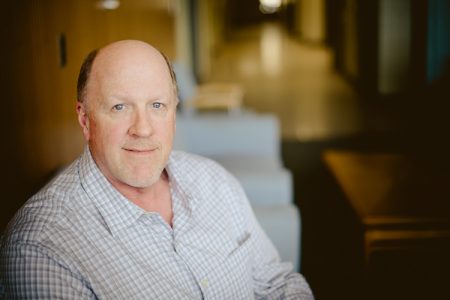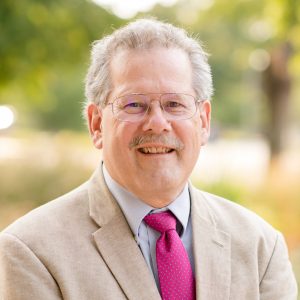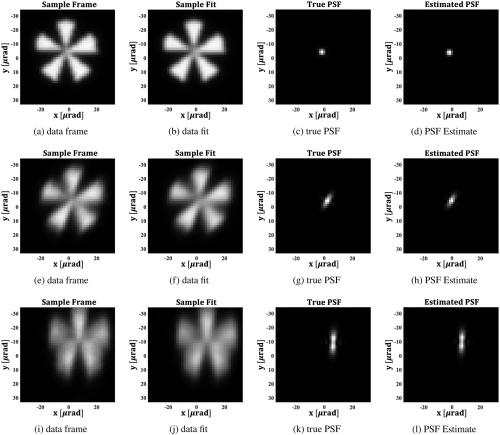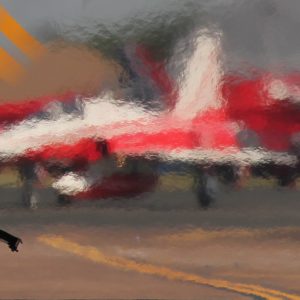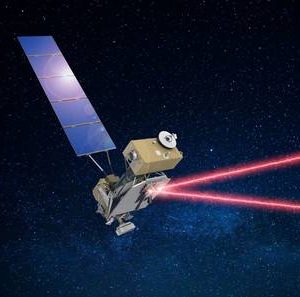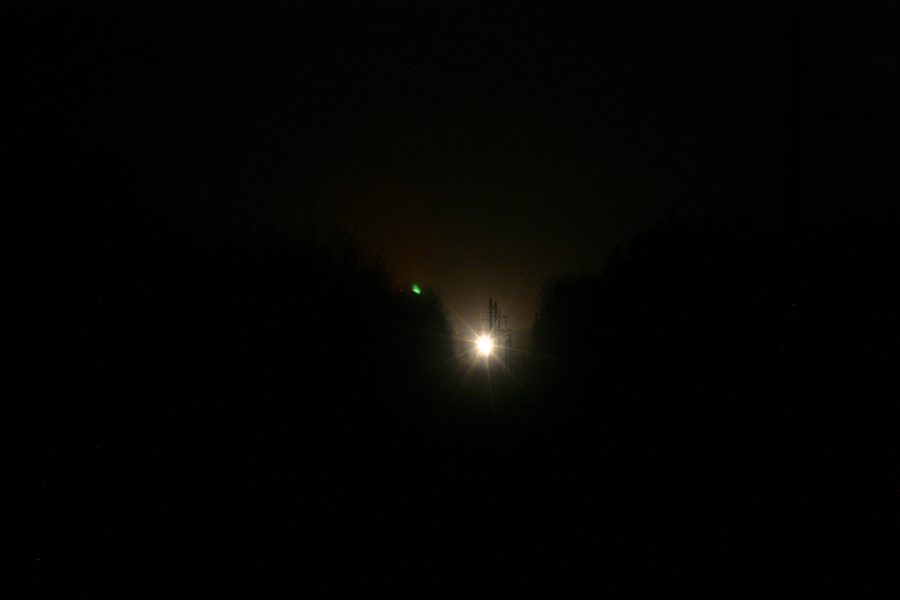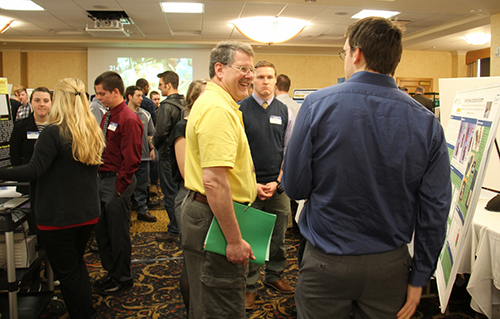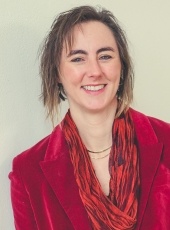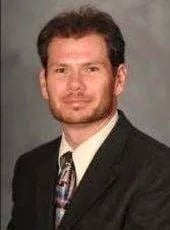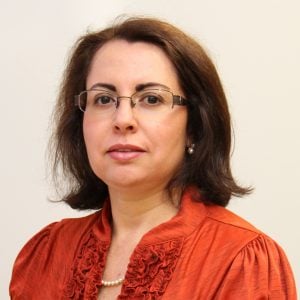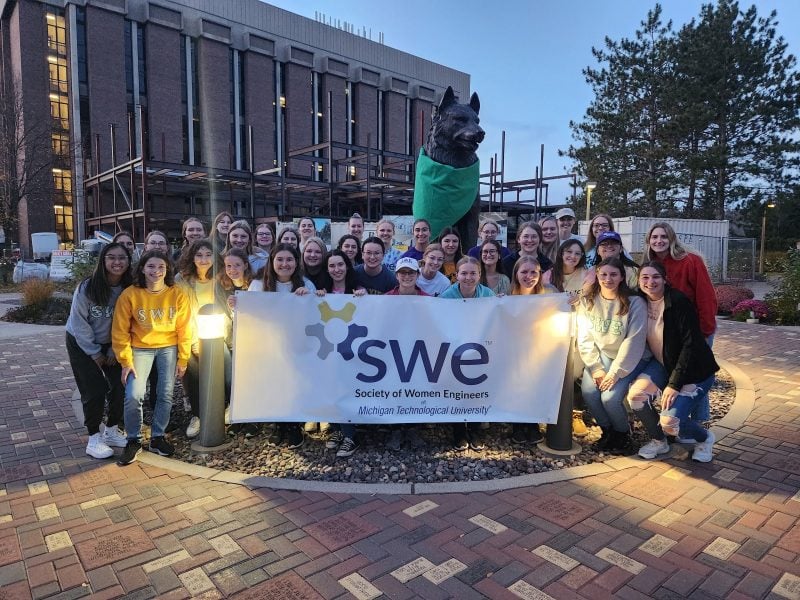
The Society of Women Engineers (SWE) Section at Michigan Tech is excited to announce the creation of a new endowed scholarship.
“The scholarship is in honor of our alumnae and alumni who have been part of our section since 1976,” says SWE advisor, Associate Teaching Professor Gretchen Hein.
“Eight years ago, in 2014, we hosted the SWE Region H Conference,” Hein explains. “With the funds received from SWE, we began saving with the goal of establishing an endowed scholarship. At long last, we have met our goal and will begin awarding an annual $1,000 endowed scholarship in 2026 to an active SWE section member.”
The new scholarship is in addition to the current section scholarships being awarded annually, notes Hein.
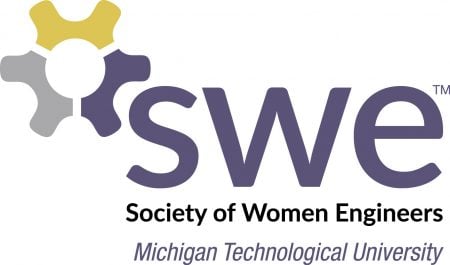
“As the President of SWE at Michigan Tech, I am excited that our section can provide an additional scholarship opportunity for our members,” said Aerith Cruz, a third year Management Information Systems student. “Our mission is threefold: ‘to stimulate women to achieve their full potential in careers as engineers and leaders, expand the image of the engineering profession as a positive force in improving the quality of life, and demonstrate the value of diversity.’ The establishment of our endowed scholarship demonstrates our dedication to support the future of SWE at Michigan Tech.”
Details regarding the scholarship application process will be announced in 2026. The process will mirror SWE’s current scholarship application where students complete a short essay, have a cumulative GPA of 3.0 or higher, and provide a copy of their resume and a letter of recommendation.
Adds Hein: “Members of Michigan Tech’s SWE section greatly appreciate the guidance and assistance received from Jim Desrochers, director for corporate relations at Michigan Tech, and also Michigan Tech SWE advisor Elizabeth Hoy, director of business and program development at Michigan Tech’s Great Lakes Research Center. And we thank the University and our current and alumni members for their support!”
Would you like to support the SWE Endowed Scholarship?
Donations are welcome! Contribute via check or credit card. Visit mtu.edu/givenow for online donations or to find the mail-in form.
Key points:
- Gift Type is “Make a one time gift”
- Enter your gift amount
- Gift Designation: Select “Other” and enter “SWE Endowed Scholarship #5471″
SWE Congratulates Our Graduating Seniors and Scholarship Recipients
The Society of Women Engineers (SWE) Section at Michigan Tech congratulates our graduating seniors: Sophie Stewart and Audrey Levanen (mechanical engineering) and Kiira Hadden (biomedical engineering). We look forward to hearing from them as alumnae!
The section awarded two scholarships to active upper-division students. We are so proud of the accomplishments of Natalie Hodges (dual major: electrical and computer engineering) and Alli Hummel (civil engineering).
We will be awarding two scholarships in the spring to first- and second-year active members and will be posting the application information during the spring semester.
By Gretchen Hein, Advisor, Society of Women Engineers.
